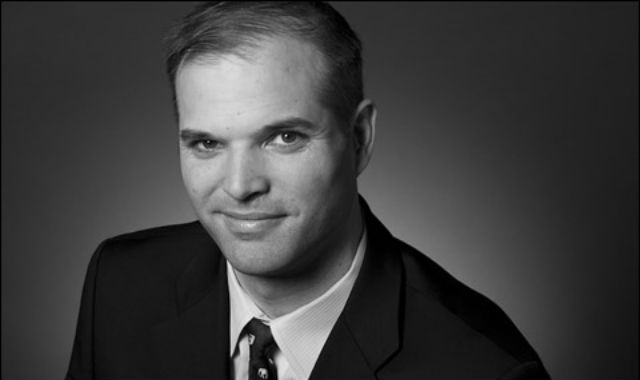Politics & Current Affairs
All Stories
Iran’s chief nuclear negotiator tells Spiegel about the dangers of waging cyber warfare against Iran’s nuclear facilities and the West’s false expectations for upcoming talks.
George Monbiot asks: “Who threatens us most — peaceful campaigners or a private militia run by police chiefs?”
A new film explores how globalization has resulted in crises of the economy, the environment and the human spirit — and points the way to a new path.
Faced with a public health crisis, Portugal decriminalized the possession of all illicit drugs. Nearly a decade later, there’s evidence that its great drug experiment may have worked.
Today we face the shameless cynicism of a global order whose agents only imagine that they believe in their ideas of democracy, human rights and so on.
It is fanciful to imagine that guns will ever disappear from America…but that does not mean that more effective checks on the mentally unstable are impossible.
How do contemporary intellectuals corrupt their calling? “The intellectual life reduces itself to functional nihilism, warding off despair only by means of attacking the latest ideology.”
This deep divide in American political morality — for that’s what it amounts to — is a relatively recent development: Paul Krugman.
If I want to be free to play the violin in a well-performed Beethoven symphony, then I must submit myself to the authority of a conductor to coordinate the musicians’ play.
After President Kennedy’s public blustering over Russian nuclear missiles in Cuba, it was secret diplomatic communication that prevented war. Is secrecy sometimes necessary?
The EU should make 2011 the year when it finally takes the lead in helping Bosnia on its journey from a war-ravaged ward to a stable member state.
What can we learn from visualizing the nature and shape of collective decisions about the inclusion of a topic in Wikipedia?
As much as I disagree with the blasphemy law, I do not think that criminalising the act of blasphemy is violative of any fundamental human rights guaranteed by the Constitution.
What if more modest agreements—on climate change, loose nukes, and other sweeping problems—would yield better results than a long, noble quest for a grand bargain?
The nature of security has changed, says Gary Hart. The former senator calls for the drafting of a new National Security Act, one which confronts today’s real security concerns.
If you look at the hard science on how people really behave it’s clear that it’s unusual for them to behave in a purely selfish fashion.
Nearly every major initiative to solve the new century’s most pressing problems has ground to a standstill amid political gridlock, summit pageantry, and perfunctory news conferences.
Since branding Wall Street’s pre-eminent investment bank, Goldman Sachs with the epithet “vampire squid,” Rolling Stone correspondent Matt Taibbi has made quite a name for himself in the mainstream American […]
From the Op-Ed pages of the New York Times to CNN’s The Situation Room, President Jimmy Carter’s recent claim on Big Think that America is in fact ready to elect […]
When students ask Sally Blount how she became the first female dean of an internationally renowned U.S. business school, she warns them not to look at her career for any […]
Libertarians, of both left and right, haven’t been this close to power since 1776. But do we want to live in their world? To what extend do we really want freedom?
In the nineteenth century, filibusters were rarer than visible comets. Now they are as common as sunsets—and as destructive as tsunamis, says The New Yorker’s Hendrik Hertzberg.
The U.S. spends much more per student than any other country. Yet from the very beginning, American students have generally performed below average compared to other rich countries.
After a rocky start, people will come once again to appreciate the idea that compromise and democracy are synonymous.
The European subspecies is slowly dying out, according to some. The blame should be laid firmly on the shoulders of emancipated women.
The cosmetics industry has dragged its feet when it comes to developing alternatives to animal testing. Here they are again trying to stall new animal welfare laws.
There is a broader need for more individual scientists to communicate with the public. Currently, that kind of activity is not particularly valued in some fields of research.
We are not hapless victims of circumstances, we are deeply complicit in creating them. We are not stuck with global warming. We are global warming.
U.S. politics, often decried for its “partisanship”, is all too bipartisan in its deeply dysfunctional consensus on tax and wealth, says Columbia economics professor Jeffrey Sachs.
The America Competes Act, passed by Congress shortly before Christmas, calls for $46 billion in science and technology research funding over the next three years.



